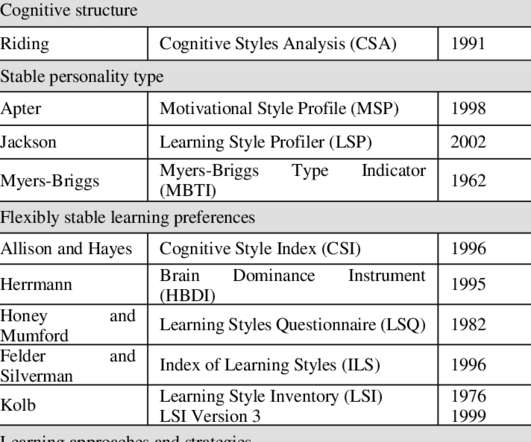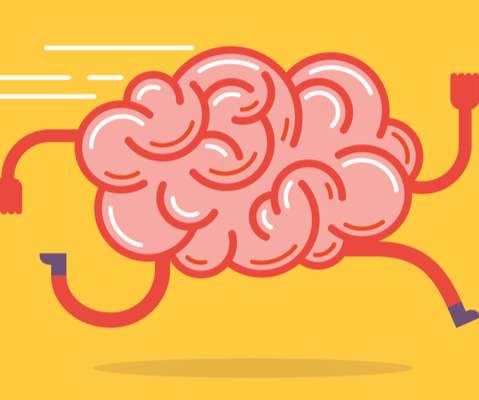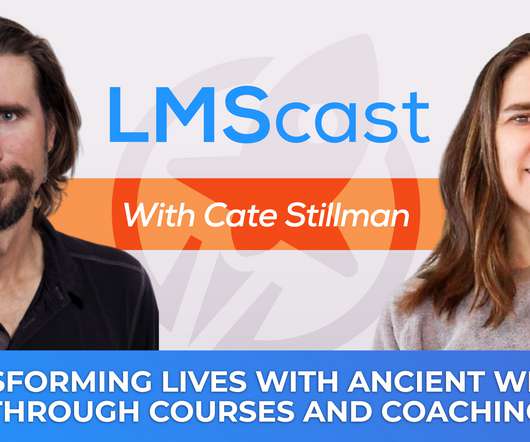Theories for the digital age: Paragogy
Learning with e's
NOVEMBER 1, 2012
User generated content has also attracted criticism over issues of mediocrity, lack of accuracy and superficial scholarship (Brabazon, 2002; 2007). 2002) Digital Hemlock: Internet Education and the Poisoning of Teaching. 2010) The Shallows: What the Internet Is Doing to Our Brains. References Brabazon, T. Brabazon, T.






























Let's personalize your content